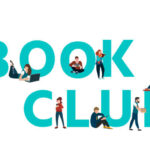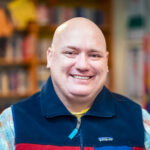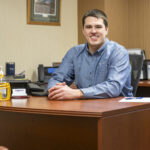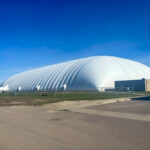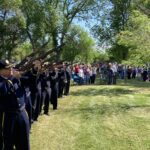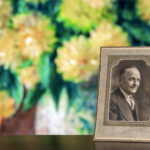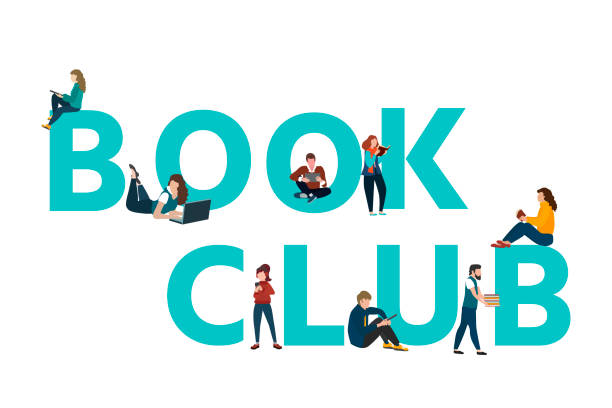

A few years ago, the popularity of at-home DNA testing kits sparked an interest in family trees and genealogy. However, a club right here in Aberdeen has been researching the topic for nearly 50 years.
The Aberdeen Area Genealogical Society is open to everyone, and they meet on the second Saturday of each month at 1:30 PM at the K.O. Lee Aberdeen Public Library.
The first meeting was held in April 1975 at the Alexander Mitchell Library. Emily Guhinm, Head Librarian of the Alexander Mitchell Library at the time, saw a note in their suggestion box asking for a genealogy class. Dave Rave then taught a six-week class on the subject, and during the final meeting someone asked, “Can we keep doing this?”
Rave and Alyce Kettering became co-presidents of the new Aberdeen Area Genealogical Society. Rave’s original classes were open to the public, and while everyone was welcome to join the club, that first April meeting each year became the group’s new member night.
The group proved to be very popular. Charter Member Shannon Cleveland said that by 1976, the club had 56 regular members.
Soon after it was founded, they created a newsletter, The Tree Climber, which covers a variety of topics and news about genealogy. The first newsletters were 12 pages long, and during the height of the club’s popularity The Tree Climber grew to 20 pages and was released once a month. Many club members have helped with the newsletter at one point or another, and currently it is managed by Club President Kathy Williams.
Most of the group’s meetings are held at the K.O. Lee Aberdeen Public Library, but they have also met at churches, the courthouse, the Dacotah Prairie Museum, and even Aberdeen’s cemeteries.
Over the years, the club has held different events as well.
In 1981, the club had a float in Aberdeen’s Centennial Parade. The float, which had multiple tiers, resembled a family tree. Each rider on the float was dressed in historical clothing. The club also held a fashion show during the centennial celebration, and members modeled clothing from different eras and countries.
A typical meeting has a lot of research time, but the group sometimes brings in different speakers to discuss different genealogy topics. Recent topics have included Native American genealogy and DNA, but any topic tied to having a family is open for discussion.
Genealogy isn’t just a hobby for many people – it can be a powerful tool and a way to document history that can easily be lost.
“Some people think it’s just looking through dusty books and documents,” Douglas Jensen said. “It’s so much more than that.”
Several members of the group use genetic testing services such as 23andMe and Ancestry. Those databases are successful partly because of work put in by hobby genealogists. Every day more information is uploaded to those websites.
“DNA has helped people find families and even solve crimes,” Rodney Schoen said. “A lot of people who moved here did it for a better life, so sometimes their ‘old’ history got lost.”
Many members pointed out that even if a search yields no results the first time around, it’s always worth checking again. New pieces of information get found and uploaded onto the Internet every day.
“You’re never done with a family tree,” Deborah Maddock said.
Another common misconception is that people think all they need is a computer to research.
“People have found 130-year-old homestead papers just sitting around in storage,” Maddock said. “It’s amazing how easy it is to lose or destroy documents. There’s family history everywhere.”
“Sometimes research begins with an old photo album with no names,” Jensen said.
Much of the research that happens at each meeting is personal, but there is no limit to what members discover. They often end up finding out information about others as well.
“We’re not just learning about our families,” Vice President Melinda Eikamp said. “We learn about our community too.”
While physical documents and online research have become important components of genealogical research, sometimes people forget that interviewing living relatives is just as important. There is a lot of information that isn’t written down that can be lost after a person passes away.
And while it is important to record the stories of others, Eikamp noted that it’s just as important to write down your own stories as well. //
View more articles about:

